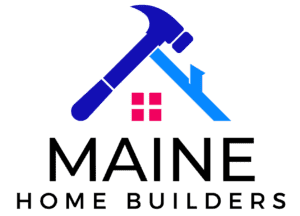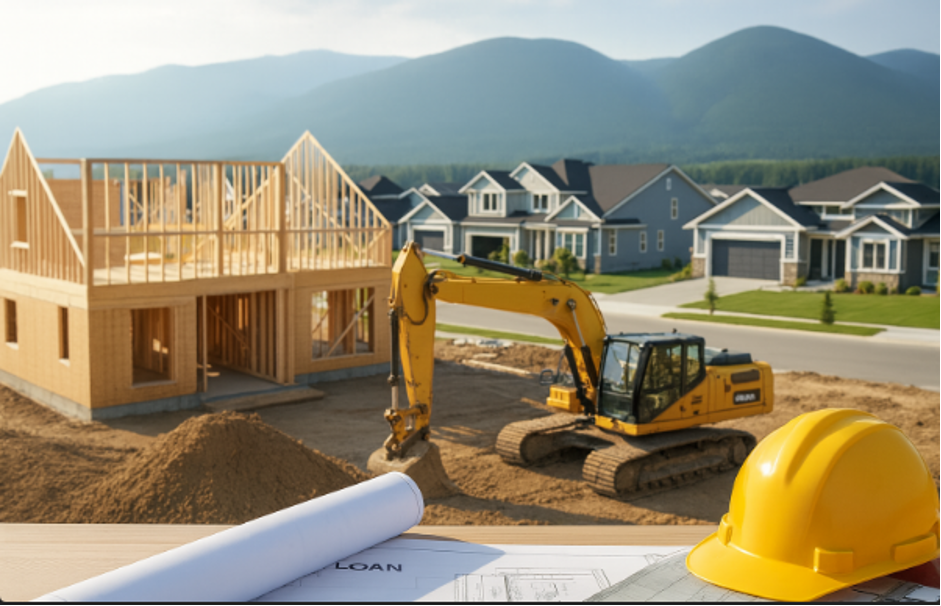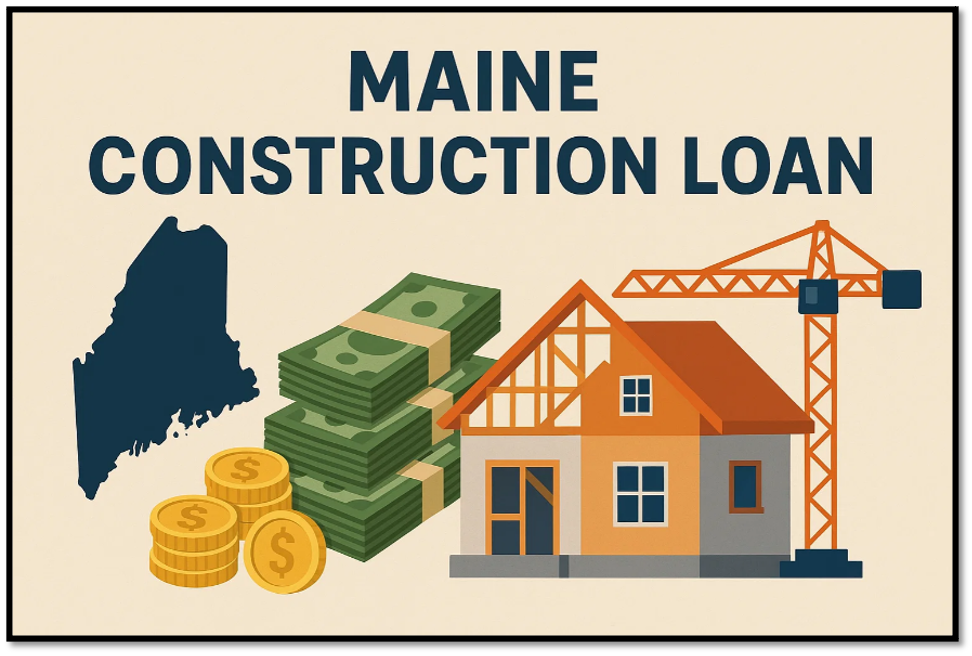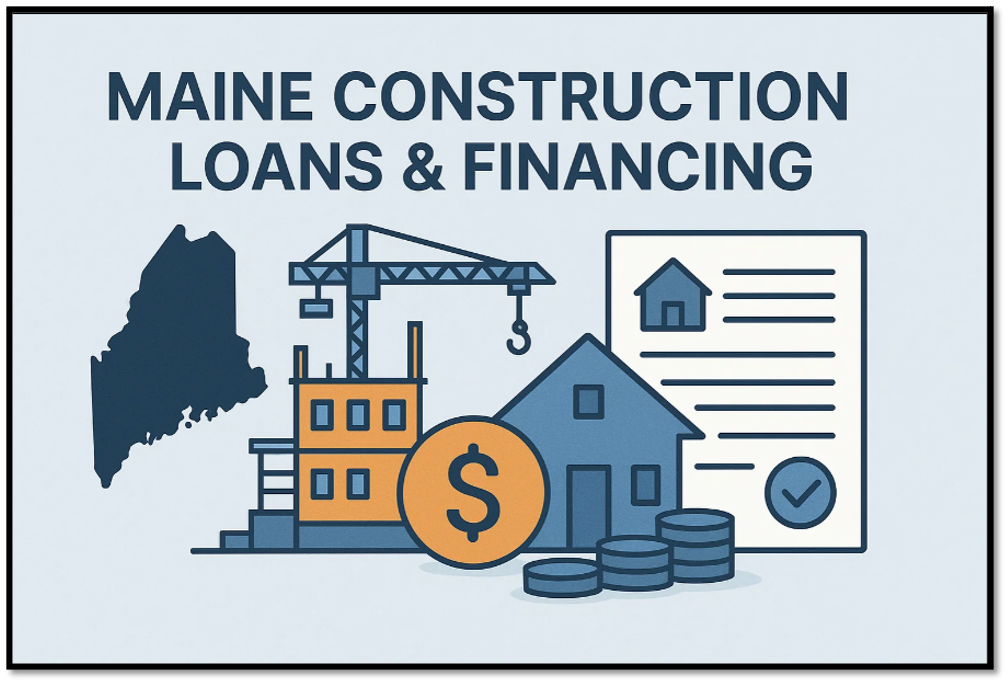Planning and Financing Your New Home Build
Maine home construction Loan is the ideal financing solution for homeowners who want to build a custom home from the ground up. Unlike traditional mortgages, construction loans are designed to fund the building process in stages, offering flexibility and financial control.
With professional support from Maine Home Builders, homeowners can navigate construction financing confidently while ensuring their dream home stays on schedule and within budget. Building a home in Maine requires careful planning, from land selection to final finishes.
Understanding how construction loans work helps reduce financial stress and keeps the building process organized.
What Is a Maine Home Construction Loan?
A home construction loan is a short term loan used to cover the costs associated with building a new home. Instead of receiving all funds upfront, the loan is distributed in phases as construction progresses.
Key characteristics include:
- Shortterm financing during construction
- Funds released through scheduled draws
- Interestonly payments while building
- Conversion to a permanent mortgage after completion
Benefits of a Construction Loan
Using a construction loan offers multiple advantages for custom home projects:
- Custom design freedom: Build a home tailored to your lifestyle
- Financial efficiency: Pay interest only on the amount used
- Budget control: Draw schedules help prevent overspending
- Flexible options: Singleclose or twoclose loan structures available
Why Choose Maine Home Builders
Selecting the right builder is essential when securing a construction loan. Maine Home Builders works closely with lenders to ensure plans, budgets, and timelines meet financing requirements. Our experience in managing construction schedules, inspections, and cost control helps homeowners avoid delays and unexpected expenses.
By partnering with a builder who understands construction financing, homeowners can focus on design and lifestyle choices while leaving technical details to professionals.
Tips for a Smooth Construction Loan Process
- Get prequalified early to understand borrowing limits
- Review loan terms, interest rates, and draw schedules carefully
- Maintain open communication with your lender
- Set aside contingency funds for unexpected cost
- Choose a builder familiar with construction loan requirements
Conclusion
A Maine Home Construction Loan provides the structure, flexibility, and control needed to build a custom home successfully. With proper planning and expert guidance from Maine Home Builders, homeowners can enjoy a smoother financing experience and a well managed construction process. From initial planning to final completion, the right loan and the right builder make all the difference.
FAQs – Maine Home Construction Loan
Q1: How is a construction loan different from a mortgage?
A construction loan funds the building process in stages, while a mortgage finances a completed home.
Q2: Can land be included in a construction loan?
Yes, many lenders allow land purchase costs to be included in the loan.
Q3: Can I make changes to the design during construction?
Minor changes may be allowed, but major changes can affect the loan approval and draw schedule. Always check with your lender first.










